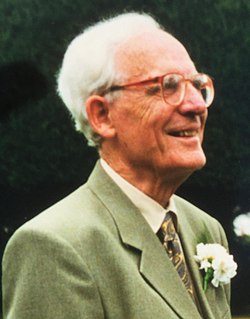A Quote by Giacomo Casanova
If you have not done things worthy of being written about, at least write things worthy of being read.
Related Quotes
In the upshot there is only one answer for the preacher who wonders whether he is worthy to preach the sermon he has composed or for the writer who wonders whether he is worthy to write the religious book he is working on. The answer is: Of course not. To ask yourself: Am I worthy to perform this Christian task? is really the peak of pride and presumption. For the very question carries the implication that we spend most of our time doing things we are worthy to do. We simply do not have that kind of worth.
Young poets worry that their experiences - whether urban or rural, immigrant or native, small town, suburb, or big city - aren't worthy of the written word. But for me the urge toward poetry, that seductive feeling of being swept away by words, was enough for me to overcome that fear that my experiences weren't worthy of poetry itself.
I hide my documents in many different places on my computer, because I often write things that I would never want anybody to read, at least unedited, and I'm paranoid that someone might figure out what the password to my computer is and maliciously read my Word documents. So a lot of the time I lose things I've written and/or completely forget about them.


































